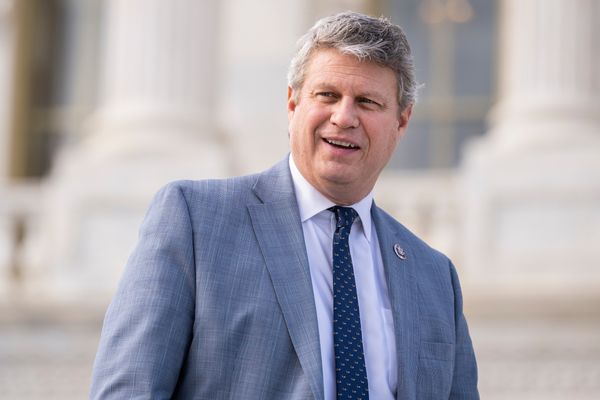Over the last decade, investors have expressed increasing interest in impact investing, which is also called ESG investing. While the terms keep changing — from socially responsible investing to sustainable investing to ethical investing — the overall idea remains the same. And criticism is rising.
Many investors want to adopt a strategy that weighs both financial returns and societal factors. If their portfolio can reflect environmental or social priorities, they are more apt to feel good about making money.
But as more people favor stocks that have high ESG (environmental, social and governance) scores, skeptics have taken notice. Some politicians and industry observers argue that ESG investing may not be consistent with an advisor's fiduciary duty to work in the client's best interest.
The ESG Investing Debate
ESG proponents claim that all companies, by their very nature, exert influence on social and environmental issues. So it's prudent for any portfolio manager to consider risk, return and impact when assessing investment opportunities.
Others note that federal law requires fiduciaries that manage ERISA-covered pension and retirement accounts to focus only on risk and return — not impact. Labor Department rulings in 2020 and 2022 have embodied clashing views of ESG investing, and some critics of the latest ruling — that a fiduciary "may" rely on ESG factors — claim it encourages "woke" investing.
Where does all this leave advisors who field client inquiries about ESG investing?
"Clients, especially the younger generation, are definitely asking advisors about it," said Debbie George, managing director at Logan Capital Management in Newtown Square, Pa. "They are interested in issues like pay equity, diversity and inclusion and how a company treats its workers."
Confusion Swirls Around ESG Investing
A small subset of advisors specialize in ESG investing. The rest of them may still want to track impact investing because of client interest. And because these assets are in the spotlight, it's a hot topic.
"ESG is certainly on the client's mind," George said. "So when advisors feel confident that they understand these issues, they can respond to clients" more effectively by citing research, analyzing trends and defining terms.
Specifically, she says that more informed advisors are able to parse environmental, social and governance factors instead of treating ESG as a singular type of investment. They can also show how ESG considerations affect portfolio performance — and offer comparisons to non-ESG investment strategies.
Part of the reason that ESG stokes such controversy is the confusion surrounding it. There's no simple, overriding definition of what constitutes socially responsible investing.
Advisors often refer to ESG ratings from companies that provide research and data analytics such as MSCI and Sustainalytics. Yet these firms can draw opposing conclusions about certain stocks.
For example, George notes that Amazon earns high marks from MSCI for its embrace of green energy. But it gets dinged by Sustainalytics for its anticompetitive practices.
"So the advisor has to ask a client, 'Do you care more about its environmental impact or how they treat merchants they work with?' " she said.
Put ESG Investing Headlines In Context
As ESG investing has gained popularity, it was bound to hit resistance, says Zach Conway, a New York-based advisor who launched Seeds Investor in 2019. Seeds is a tech platform that helps advisors talk with clients about values-based investing.
"By design, ESG is inherently nonpolitical," he said. "It's not connected to ideological lines. Reading all the (critical) headlines, we've wildly oversimplified this three-letter acronym. We conflate all these complex ideas into this one acronym. Some politicians latch onto it and make it sound like the scariest thing on earth."
He urges advisors to dig deeper to help clients align their values with their financial objectives. That involves asking lots of searching questions before making recommendations.
"It's unpacking ESG as truly pragmatic investing, where you can align values without giving up performance," Conway said. "It's about autonomy and seeing what you own."
Watch Out For Greenwashing
He says that it's important to acknowledge problems with ESG like "greenwashing," where companies falsely hype their commitment to sustainability and the environment. Like George, he adds that it can be challenging to assess a specific stock based on wide-ranging ESG criteria or divergent scores from different ratings firms.
Advisors can also acknowledge critics' arguments while putting them in context, Conway says. When Elon Musk tweeted in May 2022 that "ESG is a scam," he was annoyed that Tesla was removed from the S&P 500 ESG index in its annual reshuffle while Exxon Mobil was added.
"If you're an advisor seeking to grow, this is a conversation you need to be having because clients are asking for it, regardless of political affiliation," Conway said. "And advisors want to hear what their client's fundamental values are."










